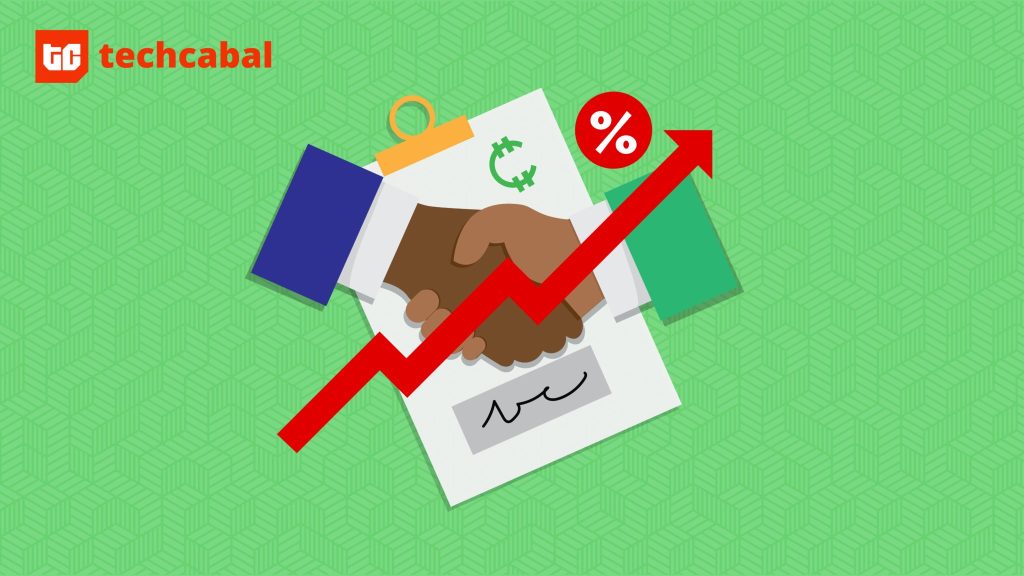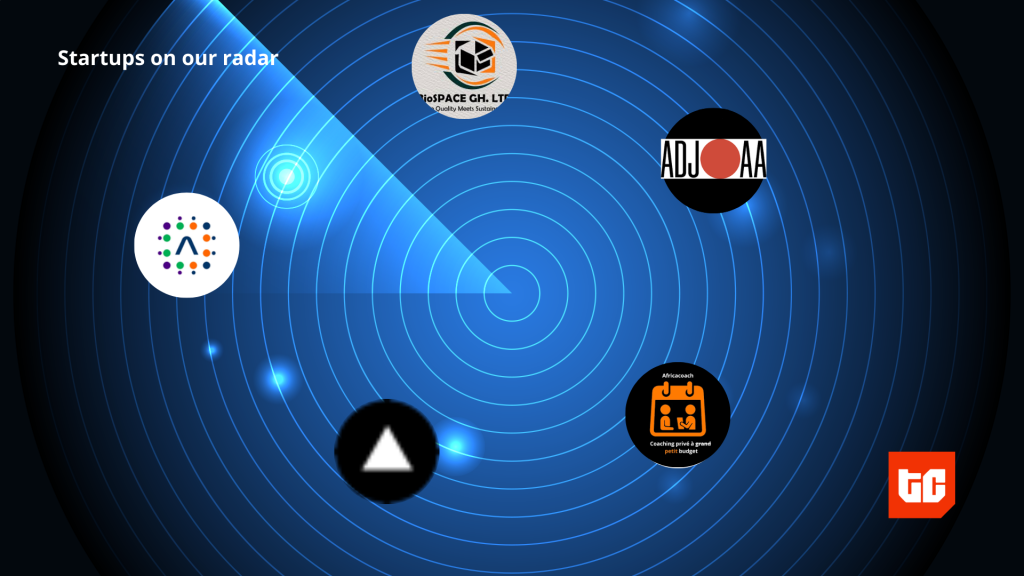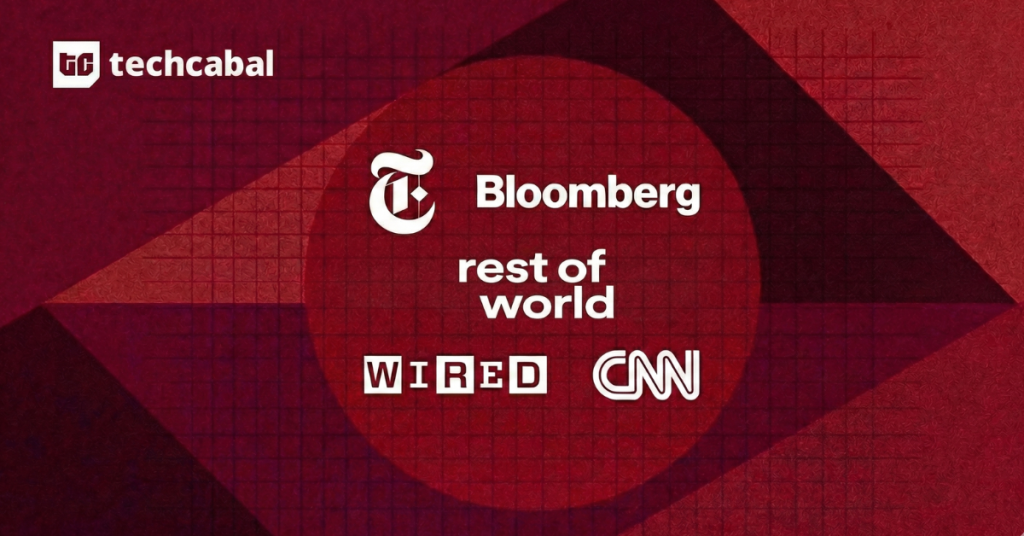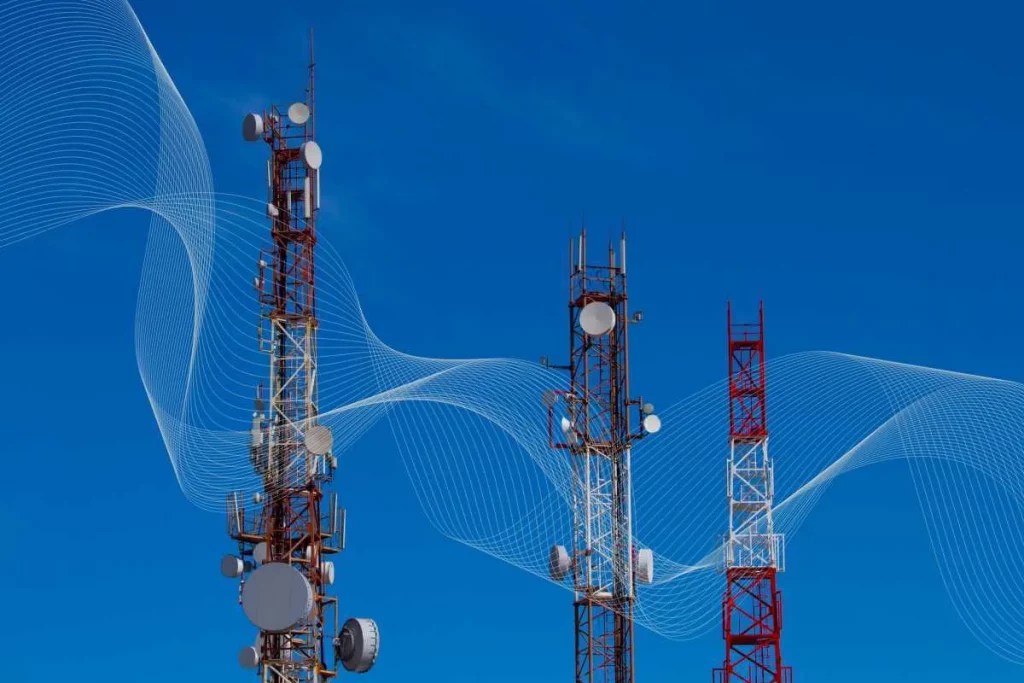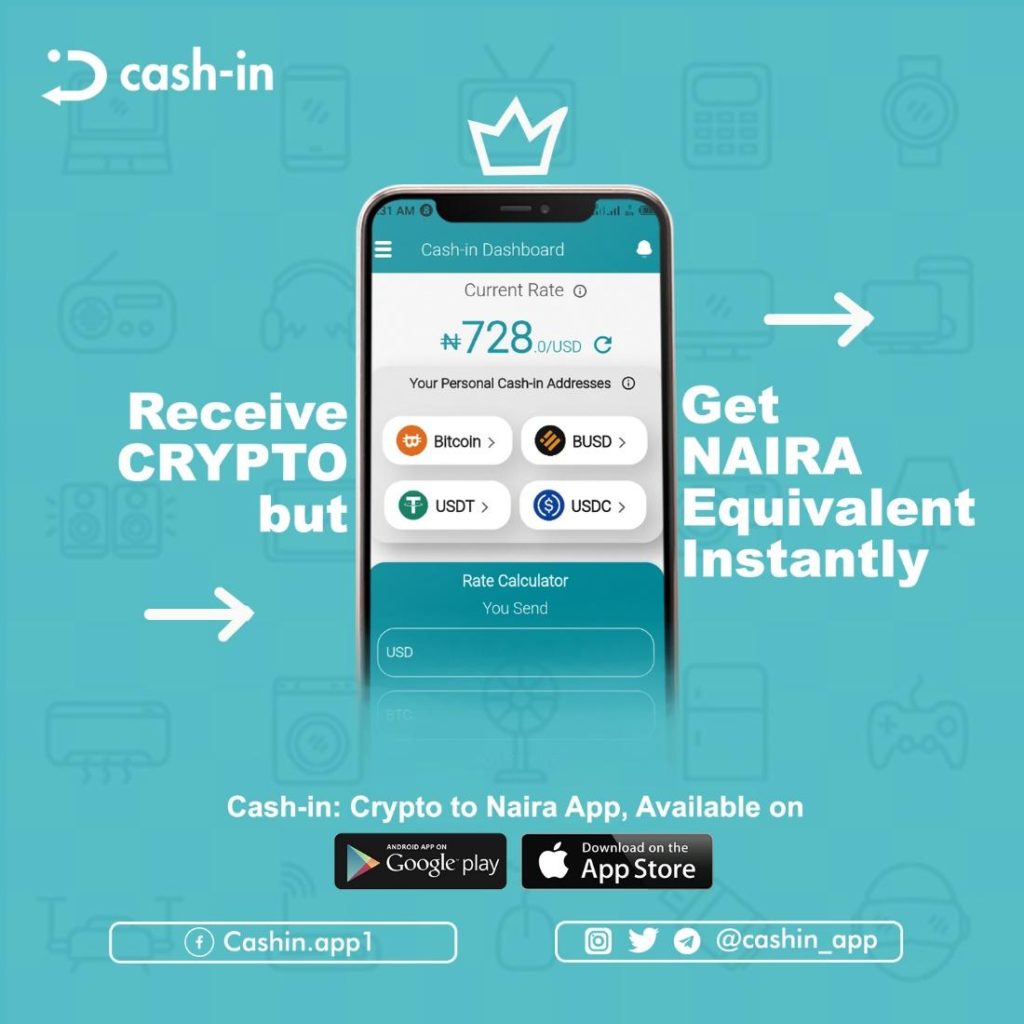
Ever since the internet was launched in the 80s, a new digital economy has been emerging all over the world.
According to Adobe, the digital economy is all about any economic activity that occurs online. It is a data-driven economy informed by the ability to collect, use, and analyze massive amounts of machine-readable information to deliver more personalized and meaningful experiences. It allows companies to create new business models and economic value in ways we couldn’t imagine 30 years ago.
Adobe further states that the digital economy is built on hyperconnectivity (the growing interconnectedness of people, organizations, and machines) that results from the internet, mobile technology, and IoT. This, in my opinion, captures the subject well.
A report by Visa which Adobe cited also states that by 2026, when Gen Z fully matures, nearly 60% of the global adult population will have been born in a world where the internet is an essential, constant feature of daily life.
This implies that lifestyle change is one central effect that the emerging digital economy is having on us as the human race. Of course, we have already began to see lots of it since the dot-com bubble of the 1990s. For example, letter writing has been impacted as Microsoft Word went mainstream. Only few people still hand-write letters today. In fact, with the rise of things like speech-to-text applications now, the impact on our lifestyle is even greater. Another example is how email completely changed the communications landscape globally when it was launched at the dawn of this century, making post offices and physical mailboxes old fashioned. Now, it has been taken steps further to create instant messaging apps like WhatsApp that allow all forms of communication: text, speech, pictorial and video.
Three main components of the digital economy are e-business, e-business infrastructure, and e-commerce. With e-business on the rise, many businesses have gone online now. And with the internet as the base infrastructure, other infrastructure such as blockchain networks are now redefining the concepts of trustless security, trustless interactions, and trustless data acquisition and management for e-business. Similarly, as comfort and ease now define the appetite of consumers, e-commerce has been on the rise, and digital currencies and payments, artificial intelligence and machine learning, heavily characterize the game of buying and selling online.
Here are top 5 lifestyle changes that are results of the emerging digital economy:
Cashless, Digital Payments
As a result of the rise of e-business and e-commerce, many people have lost the appetite to hold or transact with cash. In fact, governments around the world have crafted (and are crafting) policies to encourage cashless payments. In Nigeria, for instance, a Cashless Policy was advocated by the country’s central bank as far back as in 2005, but later took effect starting in 2012.
Now, with the rising adoption of cryptocurrencies in Nigeria, more and more people now use automated crypto-to-naira apps like Cash-in App to pay for goods in crypto while the merchants get the naira equivalent on the go. Similarly, the Central Bank of Nigeria has launched the E-Naira Speed Wallet which enables users to easily pay for goods and services in Naira without handling any naira notes at all.
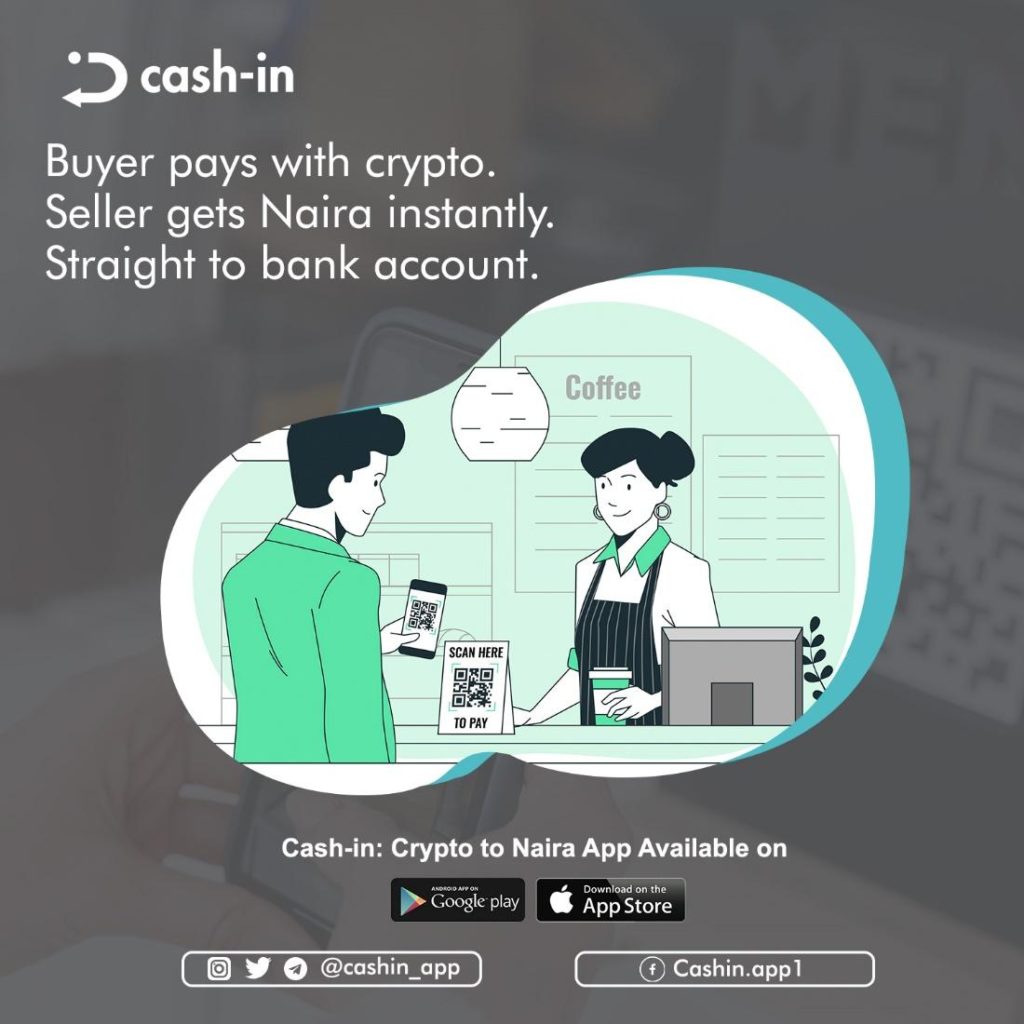
As a result, E-business platforms that are forward-looking and who want to stay competitive have already started accepting crypto payments via Cash-in App, as well as E-Naira payments. With Cash-in App, the merchant’s customers pay in crypto, but the merchant gets the naira equivalent instantly. While with E-Naira, the merchant’s customers pay in E-Naira which the merchant then withdraws to their local bank account.
Seamless Interactions
Comfort and ease-of-use are defining more and more the digital business landscape globally. Customers and users simply want to use the easiest available solution in the market. In fact, if yours is the easiest to use today, but an easier one gets released tomorrow, a part of your users will ditch your product if you do not evolve fast. For instance, the reluctance of the folks at Nokia to evolve from the Symbian OS of their mobile phones after the more sleek and better performance Android OS was released, caused them to lose a ton of market share in Africa to newbies at the time like Tecno. Cash-in App provides a very easy and seamless user experience that makes converting crypto into Naira automated and hands-free. So, crypto users can easily pay for goods or services with crypto, and merchants can easily receive crypto payments but get the Naira equivalent of it instantly.
Remote, Live Communications
More and more people now want to handle all their communications from one spot and yet be live with whomsoever they’re communicating with. As a result, instant messaging products like WhatsApp and WeChat are competing with more traditional email services and mailboxes. Similarly, remote conference applications like Zoom and Google Meet are now in use by almost every organization or business person, to avoid traveling or moving around to attend meetings.
Remote Work
A lot of professionals now prefer the comfort and personal control over their time and space which they derive from working from home. For a lot of them, it enables them to save more of their earnings. For instance, why move to New York as a programmer to work for a company there while paying as much as $24,000 annually as rent, when you can live in Enugu, Nigeria while working remotely for the same company in New York but paying only about $2,000 annually as rent? With Cash-in App, people who work for international companies remotely can receive their payments in crypto but get the Naira equivalent instantly in their local bank accounts.
Trustless Interactions
Lots of customers do not want to have to trust you anymore; they want automation so they won’t have to think about worrying about service delivery according to initial agreement. So, the desire for the automation of processes and activities is so high right now around the world. This is one reason why blockchain and cryptocurrency usage have been on the rise since the start of the last decade when they were launched. From supply chain management, to the deployment of smart contracts to run e-business processes, to accounting and payments, to agriculture, it is only products that are automated at their core, like Cash-in App, that can be seen as competitive in the marketplace.
Start your seamless Cash-in App experience today by downloading the app from Play Store or Apple Store.
For more information, please check the official website or Medium, or send an email to info@cash-in.app






